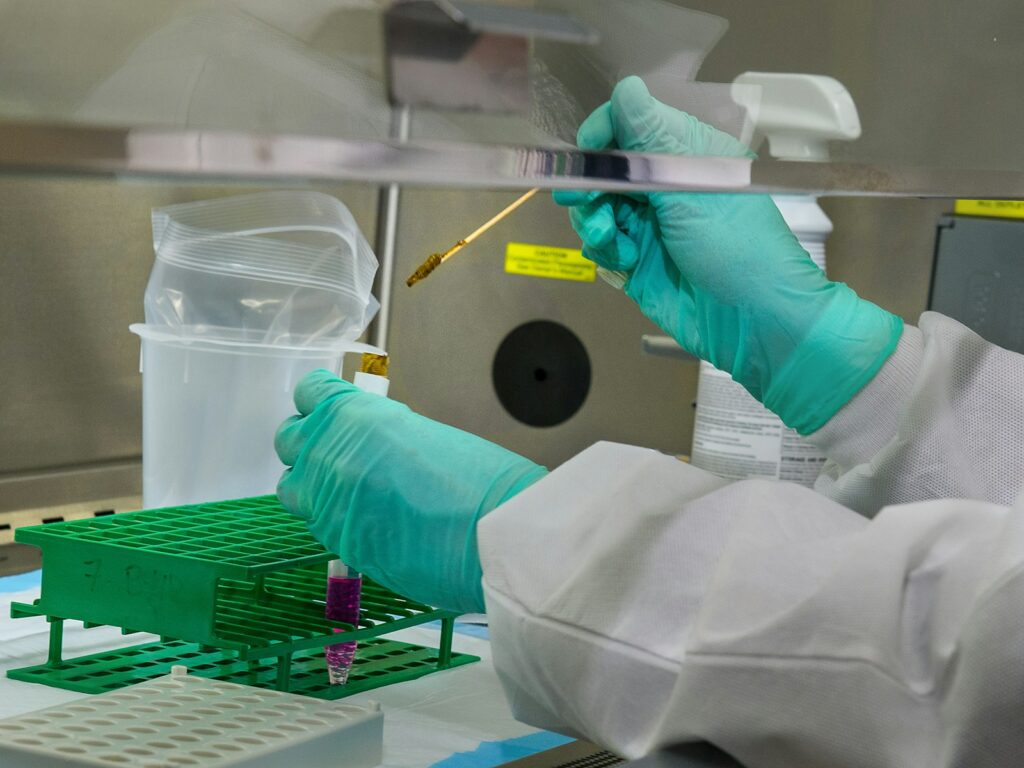NEWS, PRIZES & AWARDS
NOVEL CONCEPTS MEDICAL wins the 'Most Pioneering Life Saving Treatments R&D Company 2023 – Middle East award
by the Global Health & Pharma Magazine
Dr Rachel Alkalay wins 'One of the 3 top innovative and Creative Women Inventors of 2023' for tackling severe chronic diseases through plant-based inventions
by the FICPI’s World IP Day competition 2023
Novel Concepts Medical reports a 99.29% decrease in HT29 colon cancer cell viability with its plant-based formula after 48 hours. Conducted in a leading Israeli lab, this breakthrough highlights significant treatment potential. Earlier case studies showed tumor shrinkage and metastases improvement in patients without side effects. Founder Rachel Alkalay, PhD, seeks global collaborations to expand access. The company and Dr. Alkalay have received awards for their innovative work in plant-based cancer treatments.

Novel Concepts Medical announced breakthrough results from its Israeli lab, showing that its plant-based formula reduced the viability of breast and lung cancer cells by over 99%. Tests showed a 99.68% decrease in MCF-7 breast cancer cells and a 99.65% decrease in A549 lung cancer cells after 48 hours. Founder Rachel Alkalay, PhD, stated the company is considering global collaborations to make the treatment widely accessible.

LONDON, United Kingdom — Novel Concepts Medical’s case study shows improvement in a colon cancer patient with metastases in his liver and shrinkage of his tumor size after using our plant-based treatment. No side effects have been reported of our treatment.
It is known that approximately half of patients with colorectal cancer, which includes colon cancer, in the world develop metastases, and survival rates drop significantly among such patients.
This case study, as well as several others we performed, shows that plant-based treatment may improve the medical condition of cancer patients.

We are happy to share some of our cancer case studies’ results in order to bring a new hope for all the people who are coping with the disease. Our “plant based” treatments reduce blood sugar and cholesterol within a short period and increase vitamin D and may help stop the disease and shrink the tumors as seen in our case studies of breast cancer, colon cancer, skin cancer and others. See more details here.
Read our recent press release on how our formula has reversed the growth of cancer tumors here.
Watch the video in English
Watch the video in Hindi







